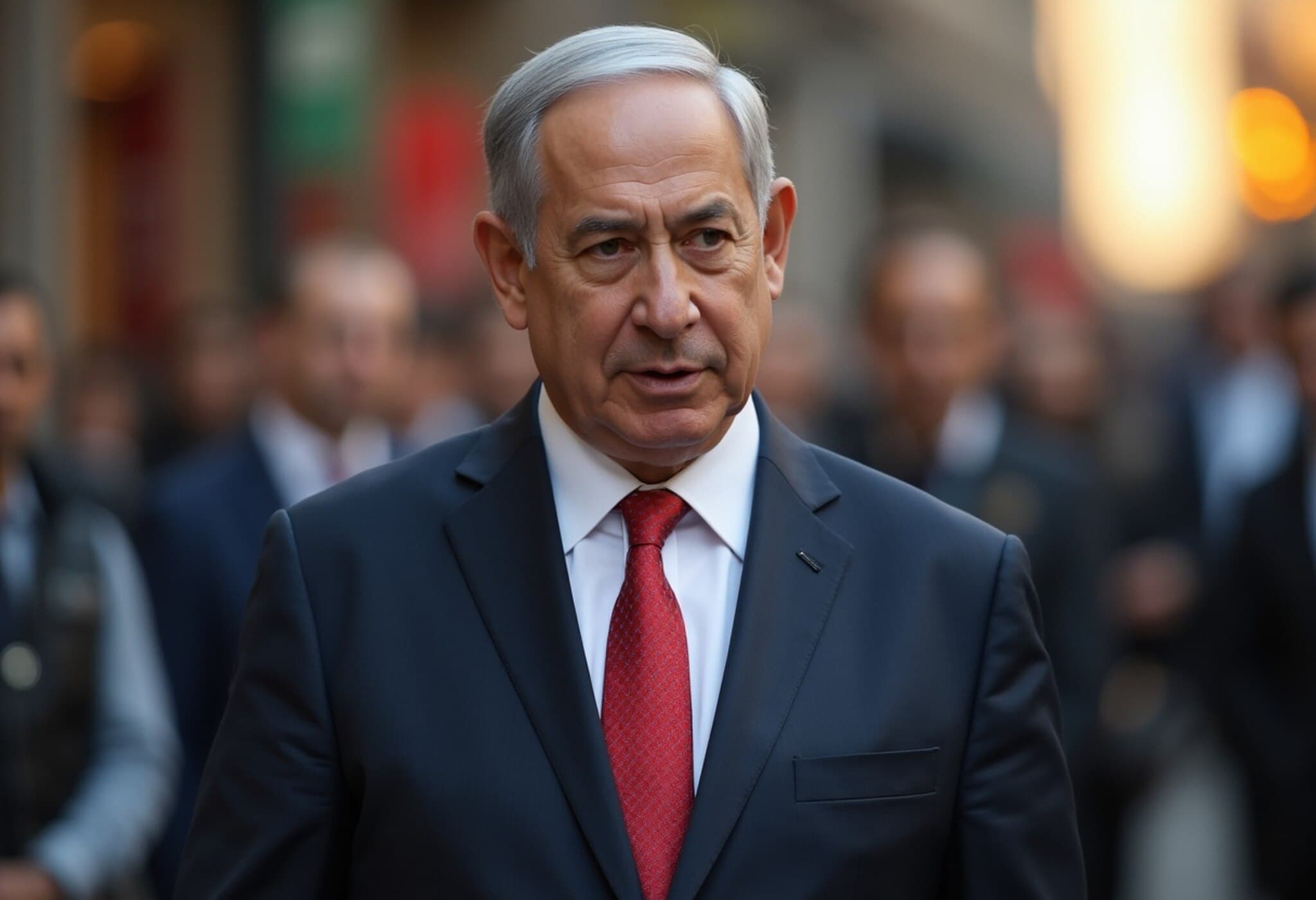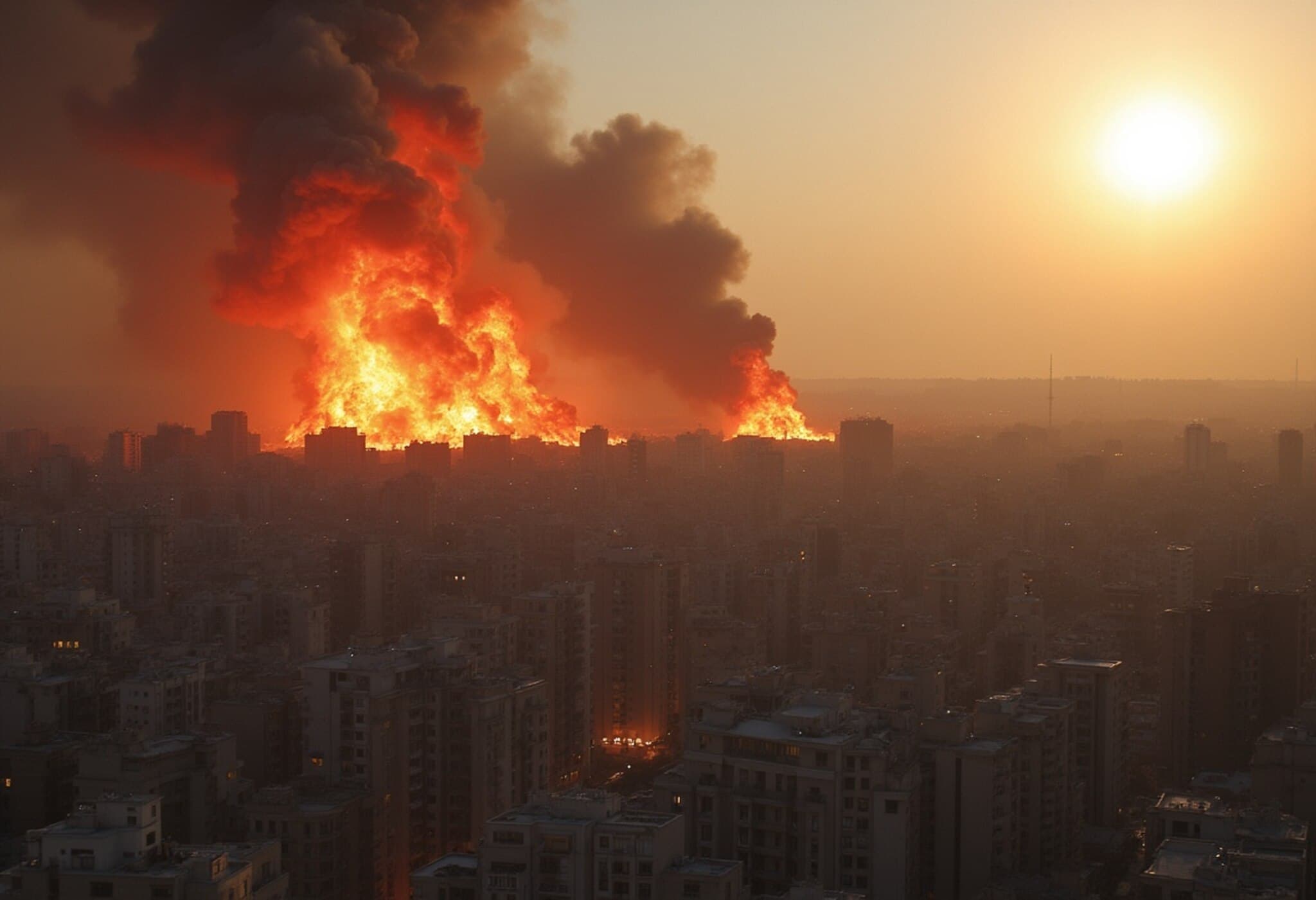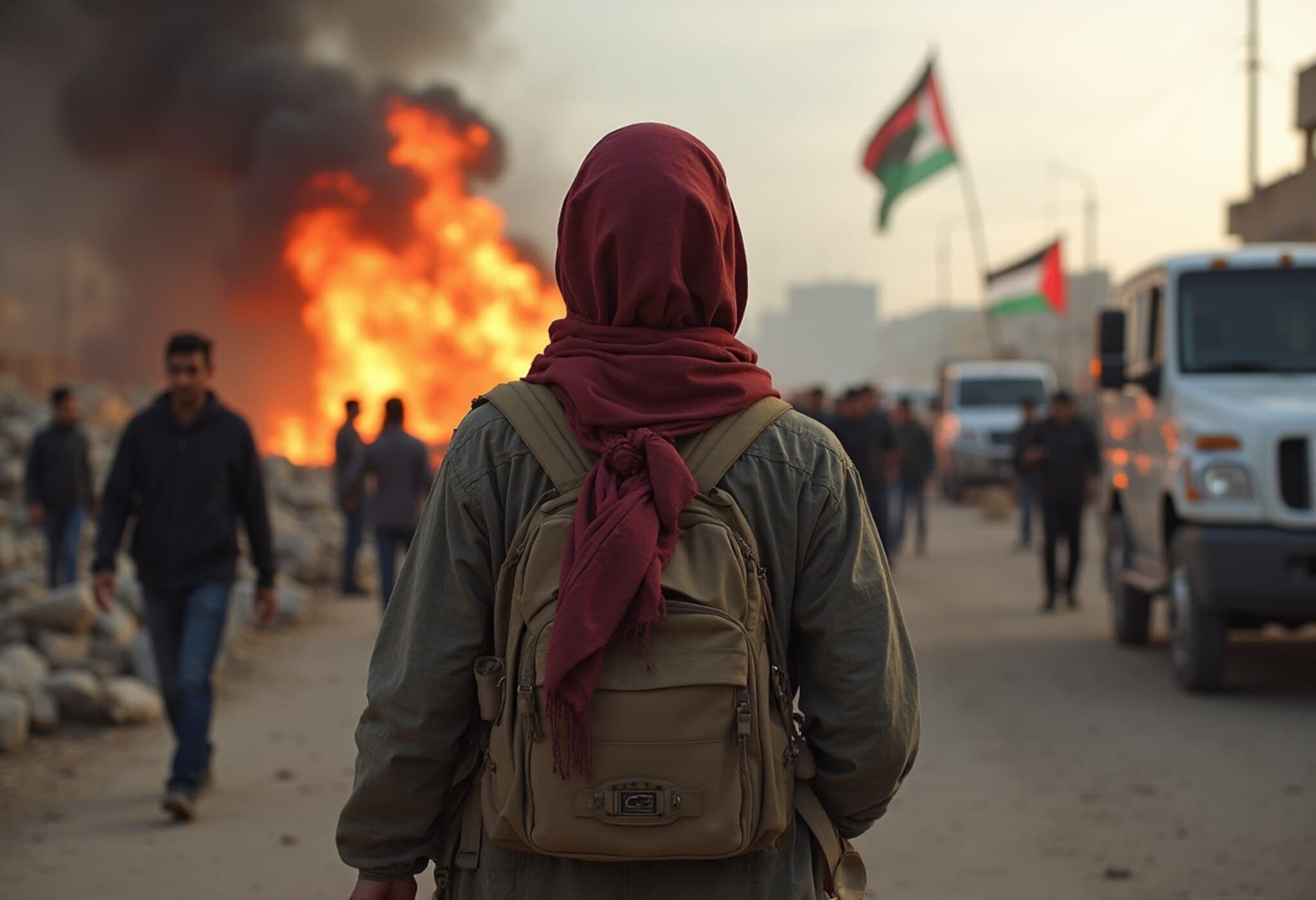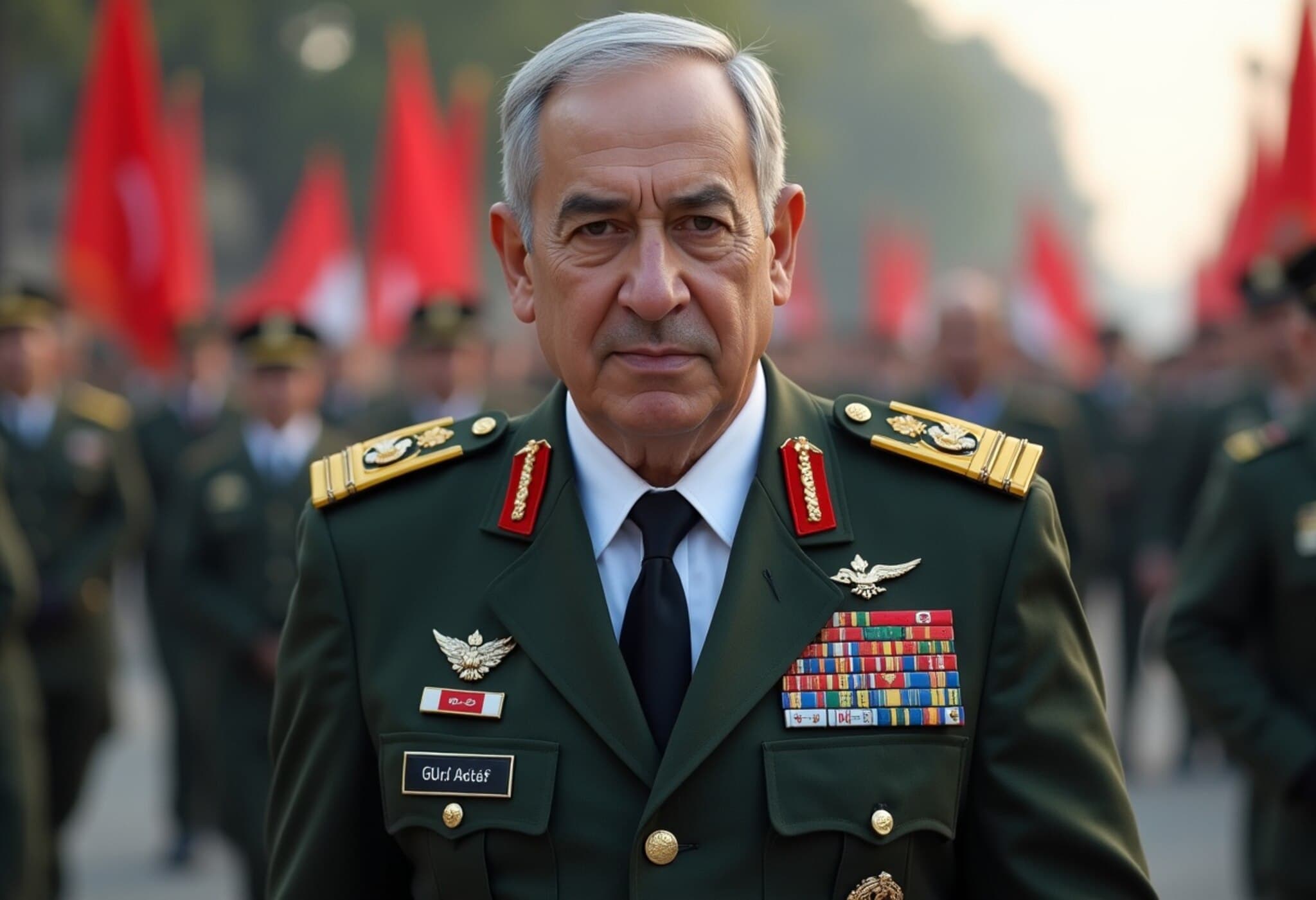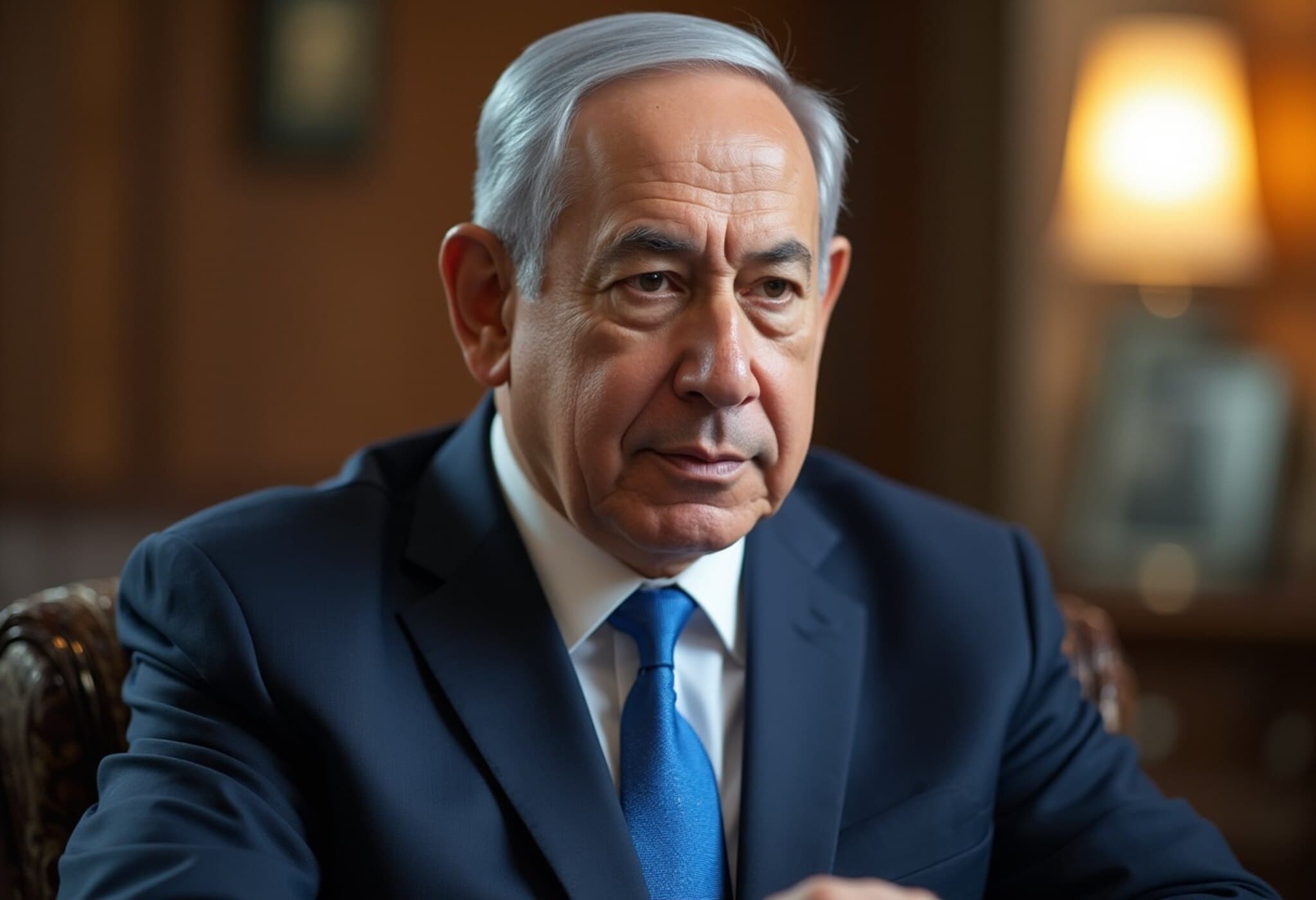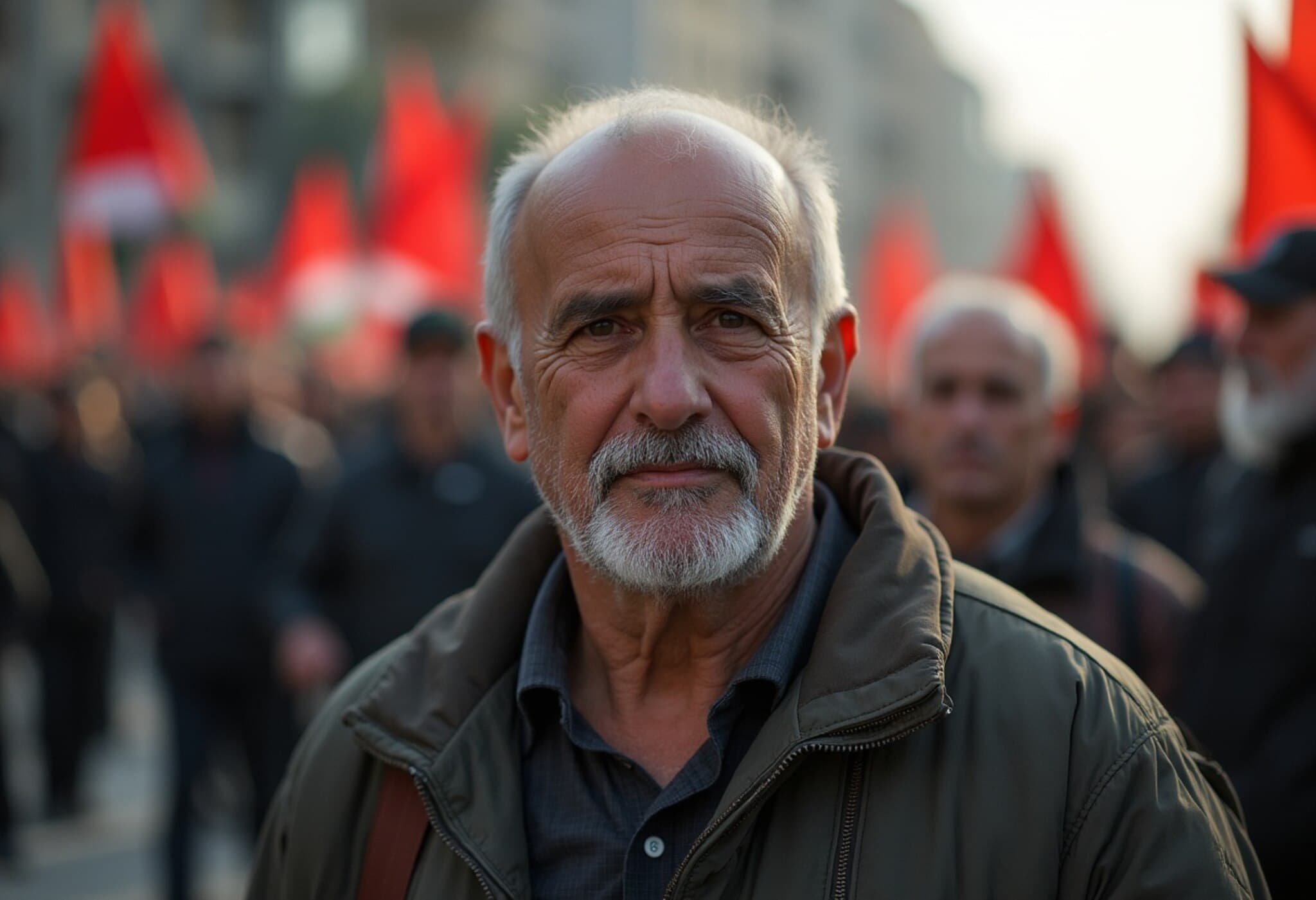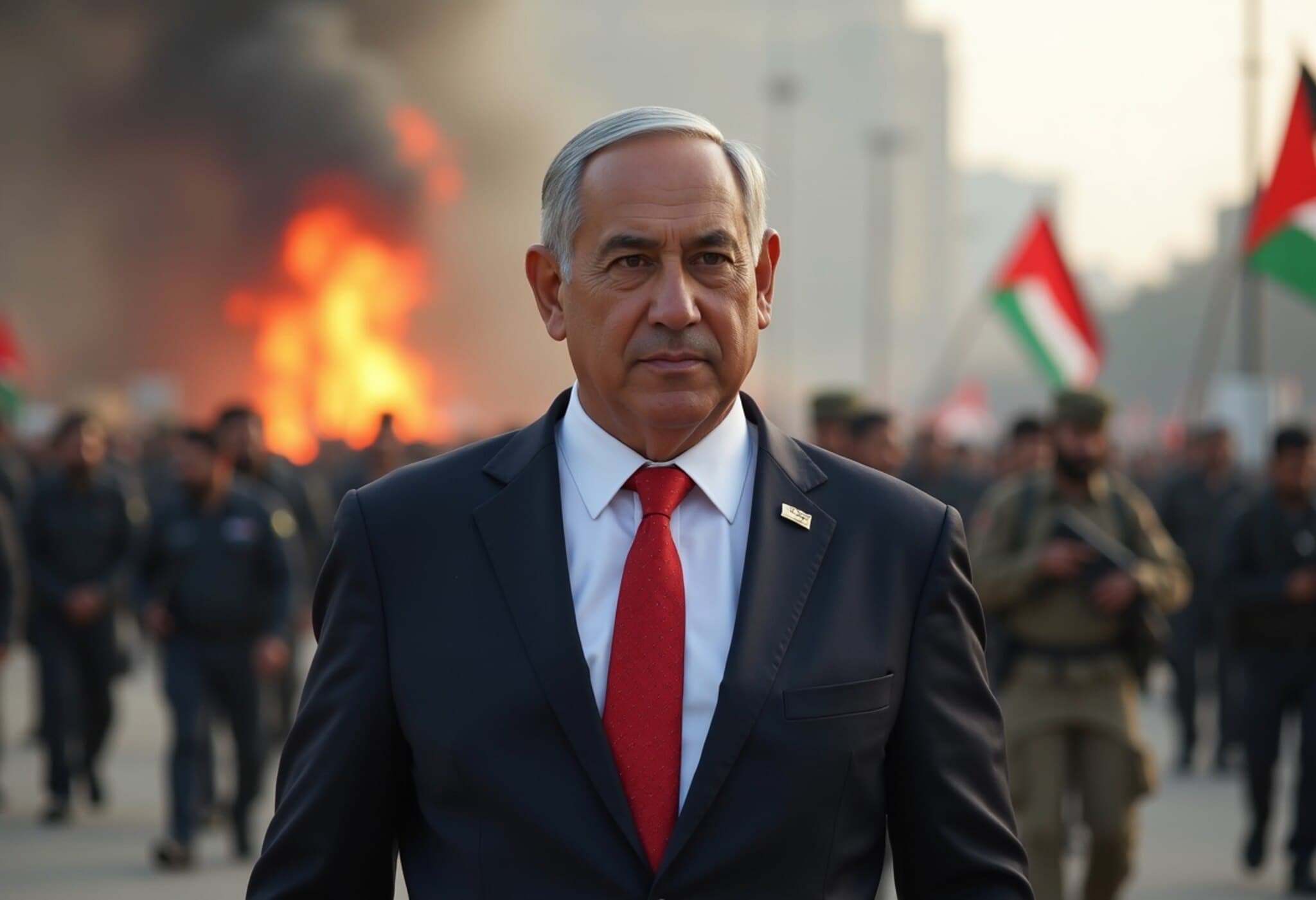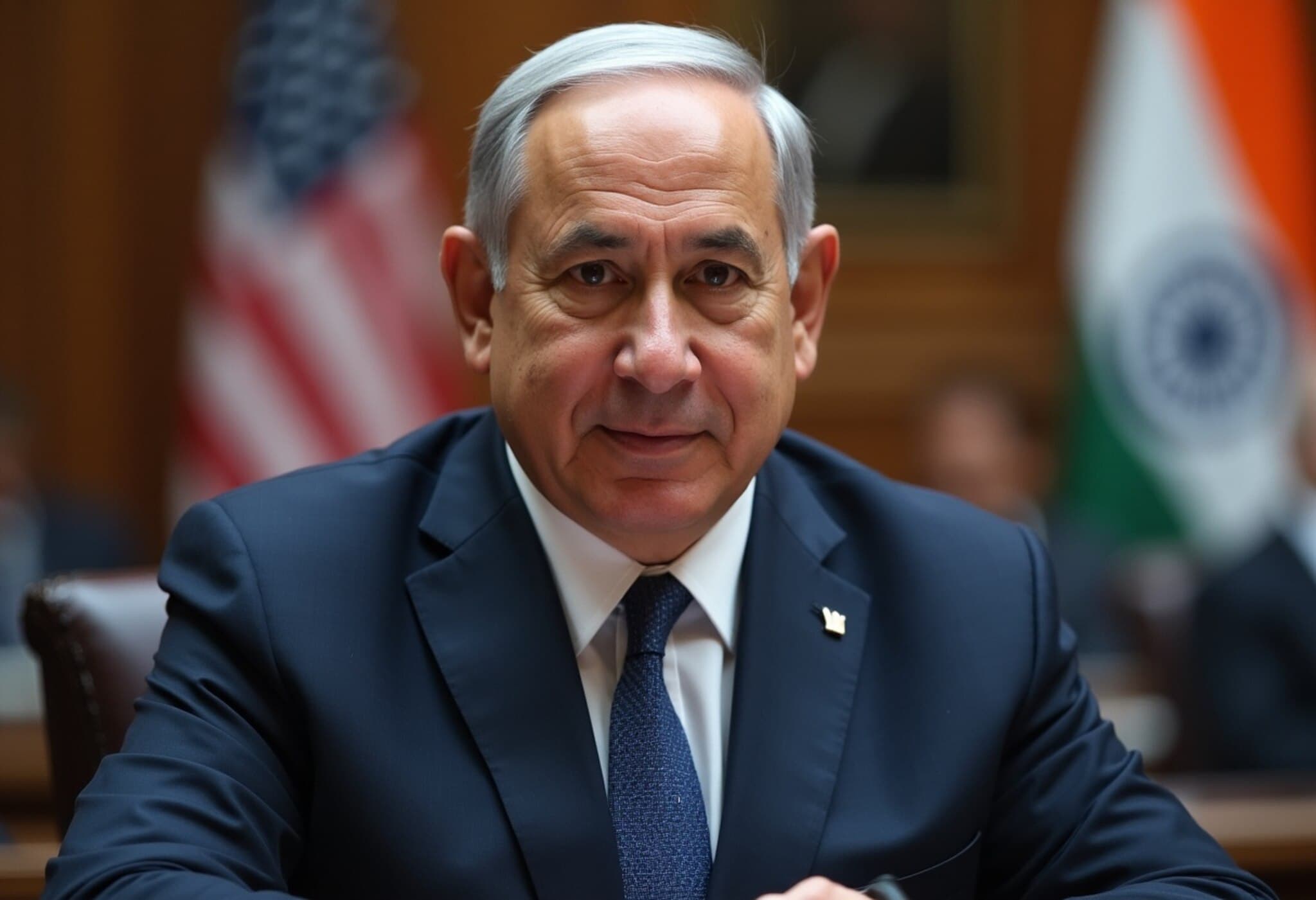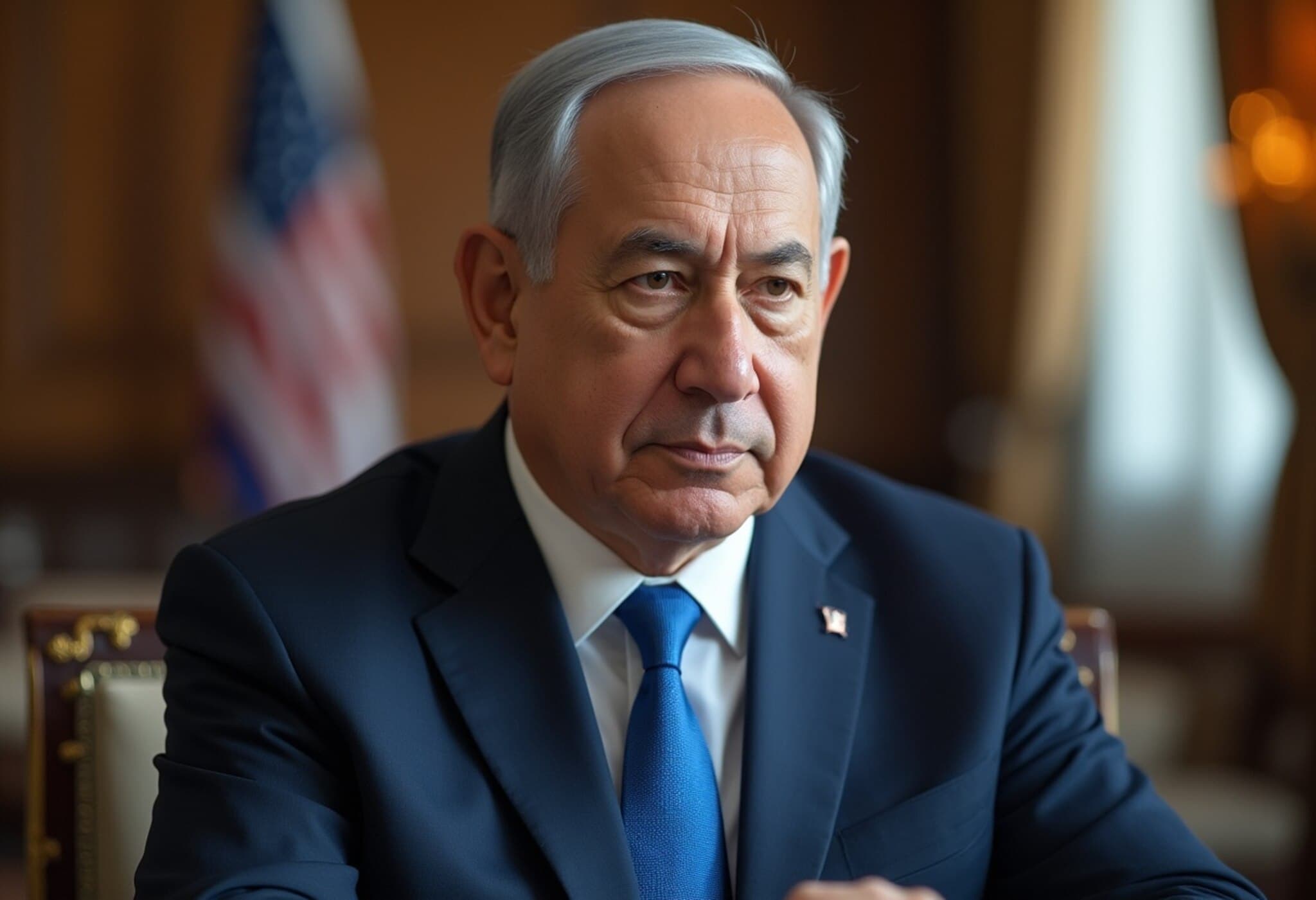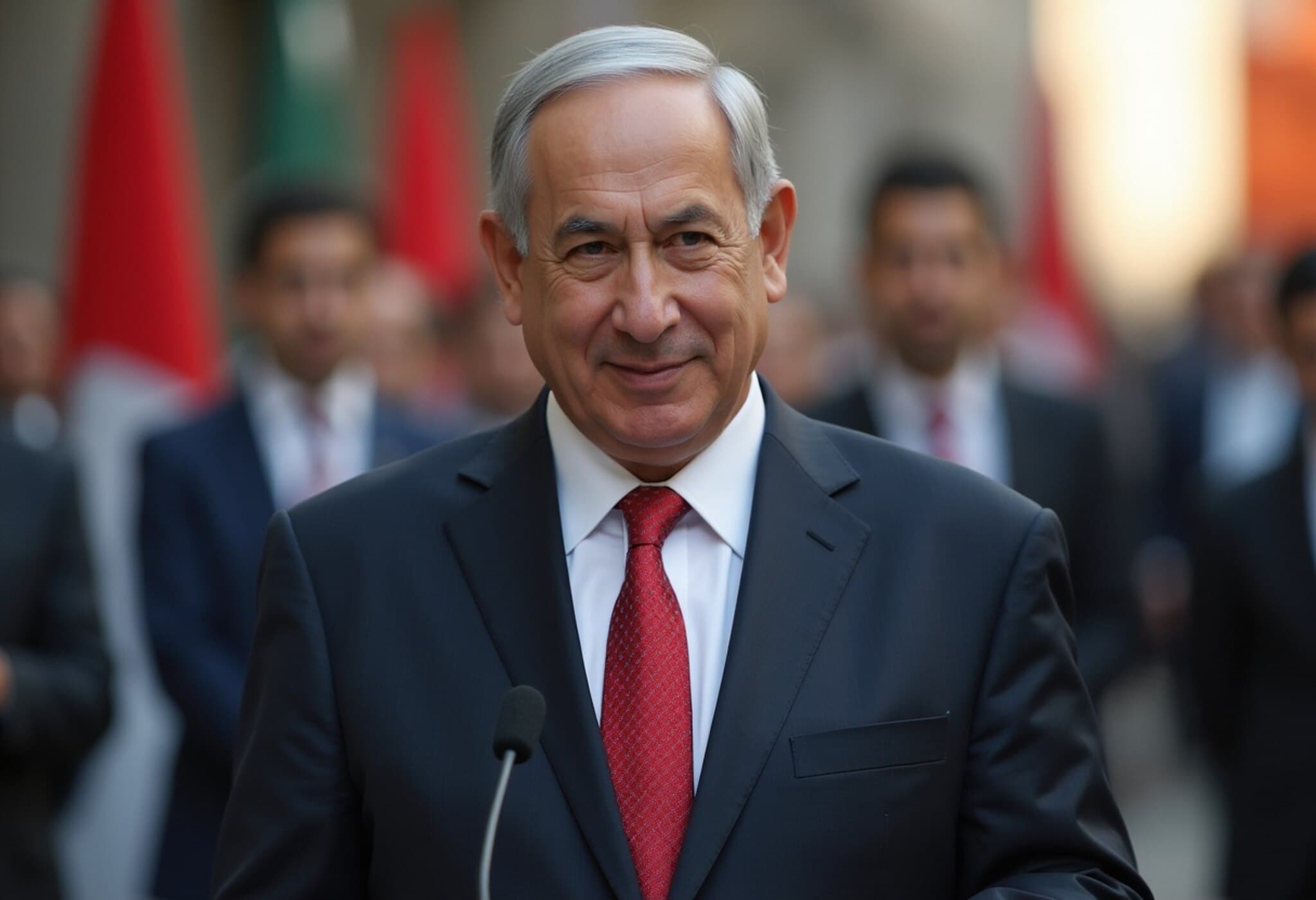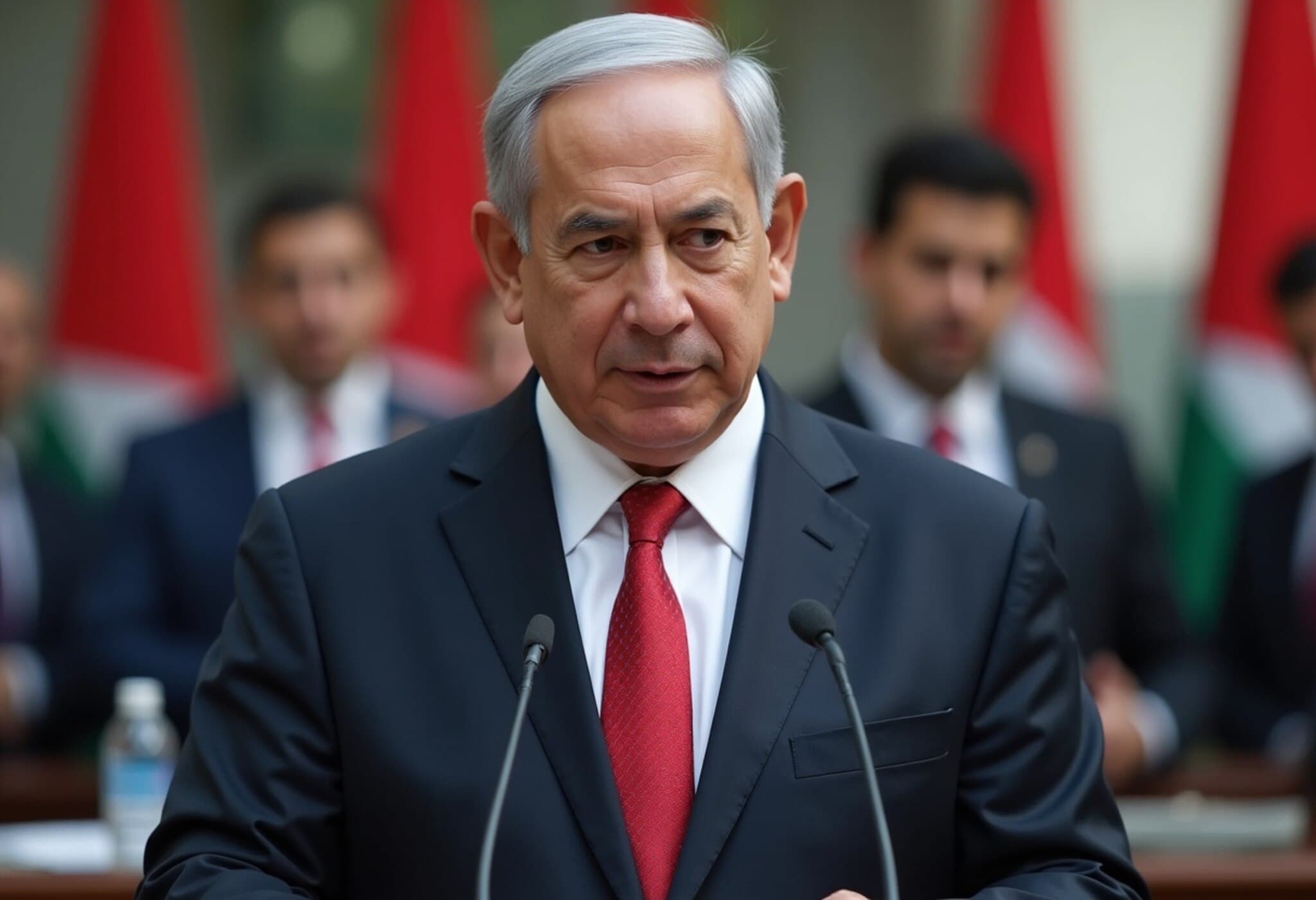Netanyahu Affirms Determination to "Finish the Job" Against Hamas in Gaza
Israeli Prime Minister Benjamin Netanyahu doubled down on his government's controversial plans to seize control over Gaza City, presenting it as an unavoidable step to end the protracted conflict with Hamas. Speaking at an international press conference on August 10, 2025, Netanyahu framed the operation as a necessary military effort to "free Gaza from Hamas terrorists," as he insisted that Israel has "no choice" but to "finish the job" after Hamas refused demands to disarm.
Current Situation on the Ground
According to Netanyahu, the Israeli Defense Forces (IDF) have already secured 70-75% of Gaza, outlining that the remaining pockets—primarily within Gaza City and the so-called "central camps"—are Hamas’s last bastions. He confirmed that the Israeli security cabinet has mandated a focused offensive to dismantle these strongholds, emphasizing that the ultimate aim is not to occupy Gaza indefinitely, but to liberate it from what he designated as a "genocidal organization".
Five Guiding Principles for Gaza’s Future
Netanyahu detailed a framework intended to shape Gaza’s governance and security post-Hamas, grounded on these five pillars:
- Disarmament of Hamas from any military capability.
- Safe return of all hostages held by Hamas.
- Demilitarization of the Gaza Strip to prevent future threats.
- Israel to assume overriding security control over the region.
- Establishment of an alternative civilian administration, independent of Hamas and the Palestinian Authority, willing to coexist peacefully with Israel.
He further proposed creating a security buffer zone along the Gaza-Israel border to deter future armed incursions, underscoring a long-term vision of stability.
Addressing International Concerns and Humanitarian Issues
Criticism and Defense of Gaza City Offensive
The prime minister confronted widespread international criticism regarding the planned takeover and its humanitarian implications. He argued that Israel had taken rigorous measures to allow civilians safe passage to designated zones equipped with adequate food, water, and medical resources—labeling these zones “ample” and the strategy as the most expeditious method to end the war.
Responding to accusations that Israel is manufacturing a humanitarian crisis, Netanyahu emphasized that nearly two million tonnes of aid have been allocated to Gaza since hostilities escalated, dismissing claims that Israel is implementing a starvation policy.
Hostage Crisis and Aid Distribution Challenges
Highlighting the plight of hostages, Netanyahu accused Hamas of deliberately withholding aid intended for civilians and starving captives. He presented imagery purportedly showing uncollected aid shipments at Gaza’s main crossing, claiming Hamas diverts essential supplies for its own use.
To mitigate aid delivery challenges, Israel reportedly has a three-pronged humanitarian plan including:
- Designating safe humanitarian corridors for aid transit.
- Scaling up distribution points managed by the Gazan Humanitarian Foundation.
- Increasing air drops coordinated with international partners.
Media Coverage Under Scrutiny
Netanyahu criticized international media for what he described as uncritical perpetuation of Hamas propaganda, particularly regarding reports of hunger and malnutrition in Gaza. He singled out dramatic images of malnourished children, alleging some were misleading due to lack of context about underlying health issues and vowed to pursue legal action against The New York Times over publication of allegedly deceptive content.
Global Reactions and Diplomatic Pressure
Ahead of a UN Security Council session, five European countries—including the UK, France, and Denmark—issued a joint statement expressing grave concerns over Israel’s plans to expand military operations. The statement warned the plan may violate international law and emphasized that Hamas must disarm but the Palestinian Authority should play a central governance role instead of Israel’s proposed civilian administration.
The statement also cautioned that Israel’s approach may jeopardize the safety of hostages and called for lifting restrictions on aid deliveries, which Israel denies imposing.
Broader Context and Regional Implications
Netanyahu’s stance reflects a hardline policy emphasizing security and territorial control amidst an increasingly volatile Middle East landscape. Analysts note that while the offensive could diminish Hamas’ operational capacity, the long-term political vacuum and civilian impact raise complex questions about sustainable peace and reconstruction.
From a U.S. policy perspective, balancing support for Israel’s security with humanitarian concerns remains contentious, influencing congressional debates and international diplomacy.
Editor’s Note
The unfolding situation in Gaza underscores the tragic complexity of modern asymmetric warfare, where civilian lives and geopolitical imperatives collide. Netanyahu’s assertions reveal a commitment to a military solution, but critical questions persist:
- Can Israel’s proposed civilian administration establish lasting peace without broader Palestinian political inclusion?
- What mechanisms will ensure humanitarian aid reaches those in need amidst ongoing hostilities?
- How might international legal frameworks guide responses to urban warfare to balance security and human rights?
As the conflict escalates, global attention remains vital to monitor humanitarian access, protect civilian life, and pursue avenues for a durable resolution.

